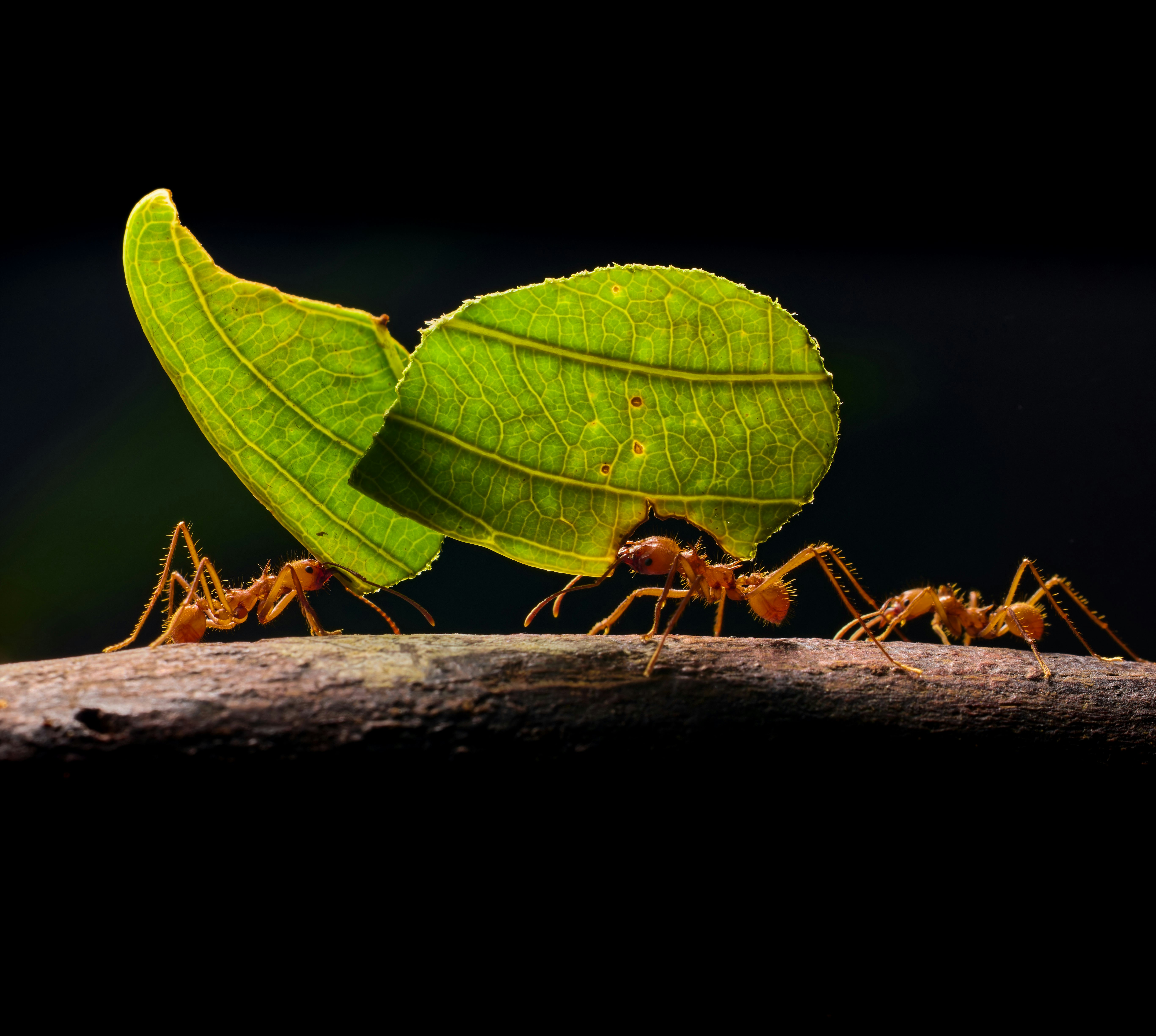[WORLD] Insects, often overlooked in conservation efforts, are integral to the health of ecosystems and human survival. Recent studies highlight the alarming decline in insect populations and underscore the urgent need for comprehensive research to protect these vital creatures. From pollination to nutrient cycling, insects perform essential ecological functions that support biodiversity and agriculture. This article explores the importance of understanding insect biology and ecology to inform conservation strategies and mitigate the ongoing biodiversity crisis.
The Ecological Significance of Insects
Insects are the most diverse group of animals on Earth, with over a million known species and potentially millions more yet to be discovered. They play pivotal roles in ecosystems, including:
Pollination: Insects, particularly bees, butterflies, and moths, are primary pollinators for approximately 75% of flowering plants, including many crops essential for human food security.
Decomposition and Nutrient Recycling: Beetles, ants, and other decomposers break down organic matter, recycling nutrients back into the soil, which is vital for plant growth and soil health.
Food Source for Other Species: Insects serve as a primary food source for numerous animals, including birds, amphibians, and mammals, forming the base of many food webs.
Natural Pest Control: Predatory insects like ladybugs and certain wasps help control populations of crop-damaging pests, reducing the need for chemical pesticides.
Many indigenous cultures have long recognized the significance of insects, incorporating them into traditional knowledge systems and practices. In places like the Amazon rainforest, local communities monitor insect behavior as indicators of environmental changes, using this information to guide sustainable land use. Integrating such traditional ecological knowledge with modern conservation science could provide a more holistic approach to protecting insect populations.
The Decline of Insect Populations
Despite their ecological importance, insect populations are experiencing rapid declines globally. Factors contributing to this crisis include:
Habitat Loss: Urbanization, deforestation, and agricultural expansion lead to the destruction of natural habitats, leaving insects with fewer places to live and reproduce.
Pesticide Use: The widespread application of chemical pesticides not only targets harmful pests but also adversely affects non-target insect species, including pollinators and decomposers.
Climate Change: Rising temperatures and altered precipitation patterns disrupt insect life cycles, migration patterns, and food availability, further stressing populations.
Light Pollution: Artificial lighting interferes with nocturnal insects' navigation and mating behaviors, leading to population declines.
A 2024 study published in Global Ecology and Conservation estimated that up to 40% of insect species could face extinction in the next few decades if current trends continue. The report emphasized the need for global coordination in implementing protective measures, warning that local efforts, while important, may not be sufficient given the transboundary nature of many environmental stressors.
The Importance of Research and Monitoring
To effectively conserve insect populations, a deeper understanding of their biology, behavior, and ecological roles is essential. Recent advancements in research methodologies are aiding this effort:
High-Resolution Imaging: Facilities like the Diamond Light Source in Oxfordshire utilize synchrotron X-ray technology to study insect anatomy at the atomic level, providing insights into their evolutionary and ecological histories.
Artificial Intelligence: AI-driven tools and machine learning pipelines are being developed to automate insect monitoring, enabling large-scale data collection and analysis to track population trends and biodiversity.
Citizen Science: Engaging the public in insect monitoring through apps and platforms enhances data collection efforts and raises awareness about the importance of insect conservation.
In a promising development, international databases such as the Global Biodiversity Information Facility (GBIF) have begun aggregating millions of insect occurrence records from around the world. These open-access platforms are fostering cross-border collaboration among researchers, enabling the identification of priority regions for conservation and the tracking of migratory insect species like the monarch butterfly.
However, data gaps remain a significant obstacle, particularly in tropical regions where insect diversity is highest but scientific monitoring is least prevalent. Experts stress the need for increased funding to support biodiversity surveys in underrepresented areas and to train a new generation of entomologists equipped with both field and data analysis skills.
Conservation Strategies and Initiatives
Efforts to protect insect populations are gaining momentum globally. Notable initiatives include:
Habitat Restoration: Projects like the Butterfly Forest at the Museo delle Scienze in Italy recreate natural habitats to support butterfly populations and raise public awareness about biodiversity.
Pollinator-Friendly Practices: Encouraging the planting of native species, reducing pesticide use, and creating habitats such as leaf and rock piles can support pollinator populations.
Policy Advocacy: Organizations are advocating for the inclusion of insects in conservation policies and the establishment of comprehensive monitoring programs to track insect population health.
Understanding insects is not merely an academic pursuit but a critical component of effective conservation. By investing in research and implementing informed conservation strategies, we can mitigate the decline of insect populations and preserve the ecological services they provide. As stewards of the environment, it is our responsibility to ensure that these small yet mighty creatures continue to thrive for the benefit of all species, including our own.














